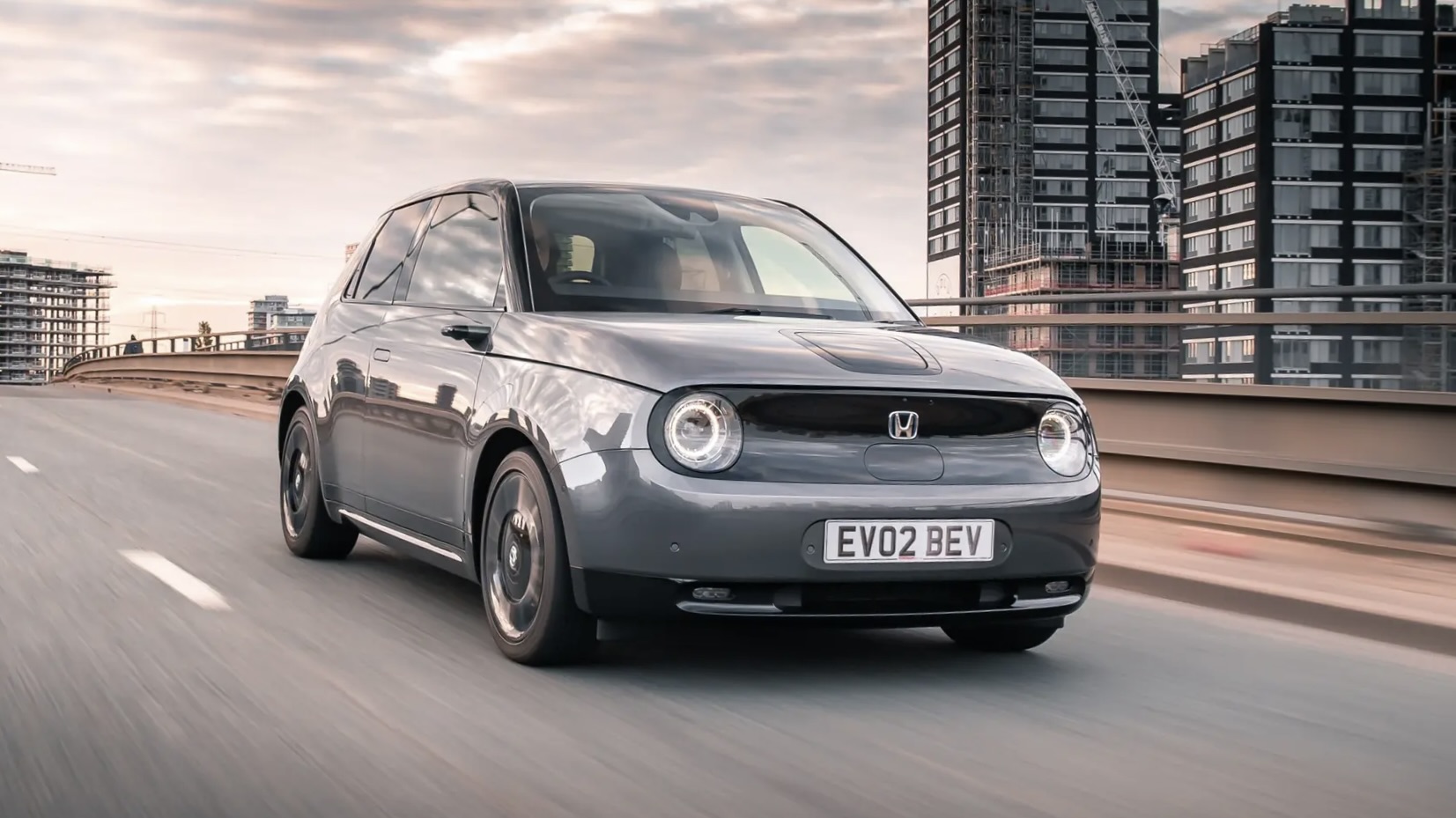To motor enthusiasts all over, the idea of entirely driverless cars whether in a decade or a century is highly disheartening. It’s not funny, even though modern thinkers will be on the forefront to pinpoint our stringency as the thematic resistance to change. Is this happening because 49 percent of Americans prefer self-driving vehicles or because GM’s Gary Smith wants to put ‘eyes’ on a Cadillac? Either way, the transporter might have just run out of his platform. What of Vin Diesel and the furiously fast guys? Is the end of their thrill near?
Engineers have developed sophisticated laser sensor systems giving drivers and car owners a chance to have cars that can travel on their own, with Nevada being the first jurisdiction in the world to consent the cars on its roads. In fact during the 2012 Driverless Car Summit in Detroit, Chris Urmson, Google’s tech leader asserted that you couldn’t text while driving in Nevada unless you were in a self-driving vehicle, adding that the transition to autonomous driving would be incremental. He also gave some detailing on the driverless car program, which back in 2010 managed to drive a robotic Toyota Prius 140,000 miles through heavily trafficked areas in San Francisco and Los Angeles, holding that the vehicles apply brakes and throttle a lot more smoothly than drivers do. As of June 2012 Google had logged more than 250,000 purely autonomous miles.
During the convention, Gary Smith, executive director of GM’s North American Science Labs said that GM will have “limited autonomous driving” systems by mid-decade and “more autonomous driving” by the end of the decade. “What’s more important here is that we are driving the costs of these systems down, so we can drive them across the portfolio,” he said. “The impact on humanity would be huge; these cars don’t crush.” While proponents of driverless cars point to reduced stress in daily commutes and more productivity, some people view it as an opportunity to explore a moveable feast of websites ‘behind the wheel’ at their own leisure. It might even be Google’s strategy to maximize one’s time on the internet. If that is the case then what will they be inventing next? Food that cooks itself?
No news yet from the Japanese, but when they eventually answer to the call we should expect big things. As of the Europeans, a company called VisLab ran an international challenge consisting of four driverless vans from Italy to China and Britain’s Lotus Motor Company has developed more features to their “amphibian car,” the Lotus Squba, making it self-driven.
Whether you consider the idea of robotic cars fact or fiction, the lesson from this convention is that whichever direction we take, such technological change is just inevitable.




More Stories
Take Time to Declutter Your Life
Eight Things Your Car Dreams May Be Trying To Show You
Understanding Artificial Intelligence, Machine Learning and Deep Learning